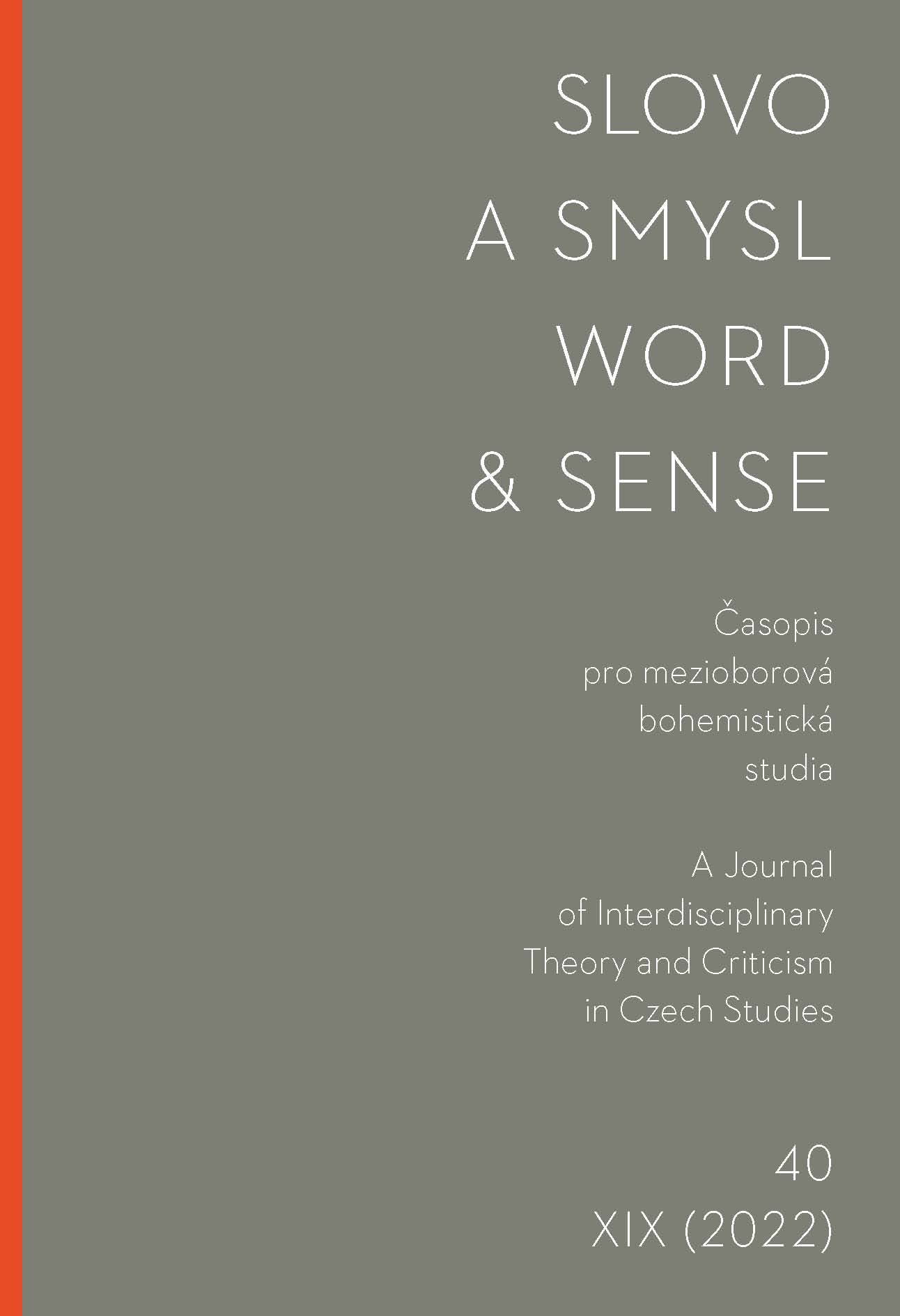„Český příběh“ o Robinsonu Crusoeovi v 19. století v kontextu tehdejší cestopisné literatury
The ‘Czech Story’ of Robinson Crusoe in the 19th Century, in the Context of Travel Literature of Its Time
Author(s): Jiří HrabalSubject(s): Czech Literature
Published by: Univerzita Karlova v Praze - Filozofická fakulta, Vydavatelství
Keywords: story; adaptation; Robinson Crusoe; Czech travelogue; travelling; 19th century.
Summary/Abstract: This study traces changes in 19th-century Czech retellings of Robinson Crusoe, from the Czech translations of German adaptations by Joachim Heinrich Campe, Gustav Adolf Gräbner, and Karl Rudolf Oskar Höcker, to the original Czech retellings by Pavel Josef Šulc, František Doucha, Jan V. Novák, Antonín Mojžíš, and others. This tradition is analysed in connection to changes in contemporary travel literature, with special attention to certain mutual coincidences: for example, the fact that travel literature, from early on, was influenced by such literary topoi as the shipwreck, life on a deserted island, encounter with the other, duels with pirates, etc. These topoi provided the frameworks and methods for writing travel literature; conversely, the stories of real journeys influenced the writing of novels. This mutual coincidence is not unique to Czech literary culture, as the author illustrates through the example of 18th-century adaptations of Robinson Crusoe in the British context. Specific to the 19th-century Czech tradition is a tendency to present the story as a ‘scientific type’ of travelogue, where the narrator serves as a kind of note-taking apparatus, providing expert explanatory notes, and in which the fictional story is set in a specific context (geographical, historical, cultural, or botanical-zoological) in its contemporary world.
Journal: Slovo a smysl
- Issue Year: 19/2022
- Issue No: 40
- Page Range: 46-64
- Page Count: 19
- Language: Czech

